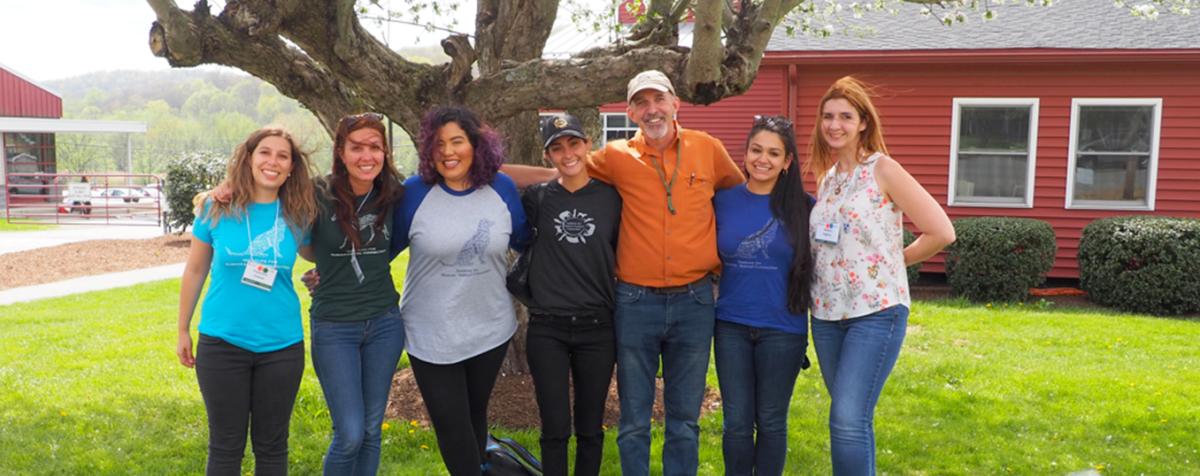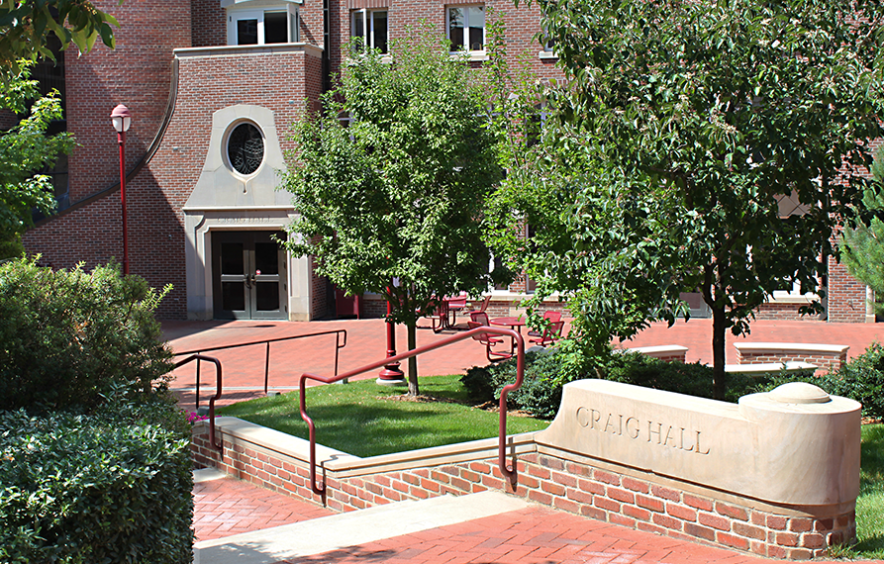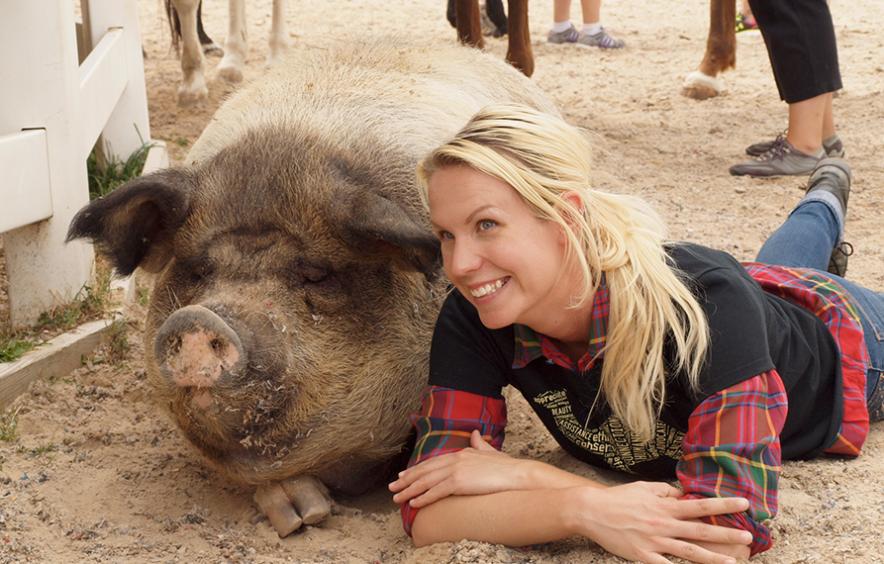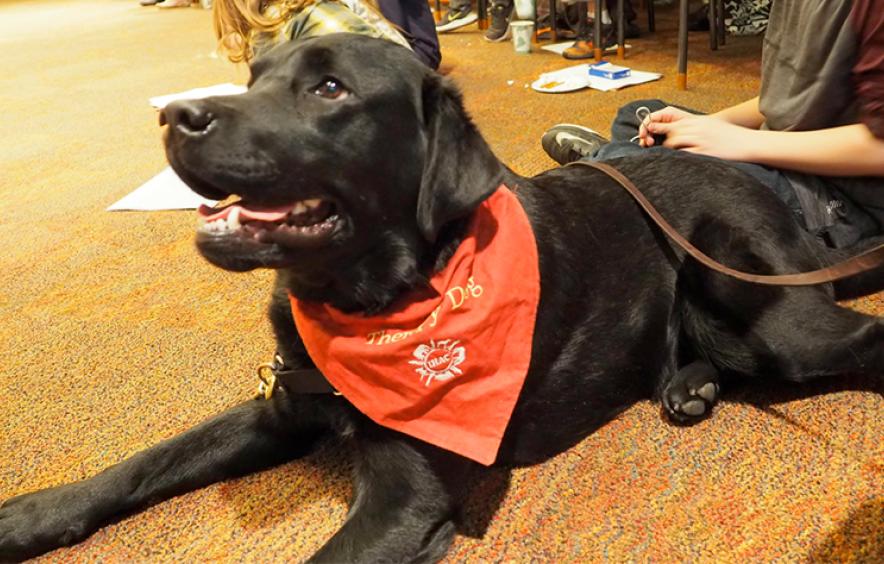The first of its kind in the nation, our human-animal-environment interactions in social work (HAEI-SW) master’s certificate (formerly the animal assisted social work certificate) prepares you to recognize the impact of human-animal-environment interactions in culturally responsive and ethically advanced professional social work practice settings. This certificate is available to students enrolled in all MSW programs, and you complete the certificate alongside your other MSW coursework. Together, the MSW degree and certificate will prepare you to consider humans, animals and the environment in both clinical and community-based social work settings such as mental health agencies, schools, and animal shelters. The certificate centers social justice and highlights intersectional systems of oppression, speciesism and violence directed towards humans, animals, and the environment.
Offered by the Graduate School of Social Work and the Institute for Human-Animal Connection, this certificate will add three specialized elective courses to the MSW curriculum during your concentration year. In addition, optional, 1-credit course offerings on applied topics such as pro-active canine handling and training for social work settings are also available to certificate students.
Want to learn more about our MSW Human-Animal-Environment Interactions Certificate? Request information and we will connect you with an admission ambassador to discuss our MSW Degree Program.
Featured Courses
SOWK 4795
Foundations for Human-Animal-Environment Interactions in Social Work
About this Course
Foundational course with broad survey of the field and value exploration. Introduction to cultural and social justice aspects of human-animal-environment interactions. Formation of personal HAEI-SW vision and ethical framework, and beginning of culmination project concept development.
SOWK 4796
Human-Animal-Environment Interventions in Social Work Practice
About this Course
Focus on skill development for the integration of animals in social work practice with a primary focus on treatment. Exploration of clinical and community practice frameworks, across the lifespan.
SOWK 4797
Professional Integration of Human-Animal-Environment Interactions in Social Work
About this Course
Culmination course with a focus on applying knowledge and demonstrating competence through program and/or service design. Includes professional development and job search preparation unique to HAEIs in social work.
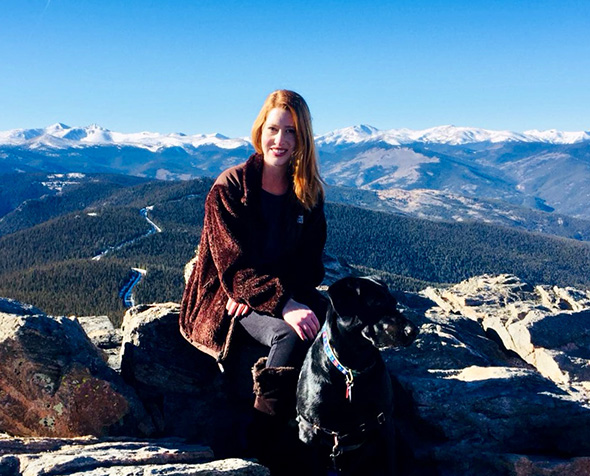
Key Faculty
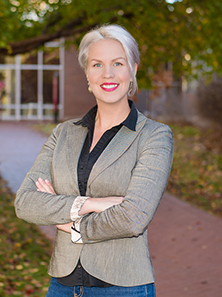
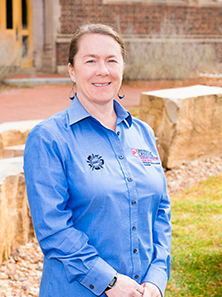
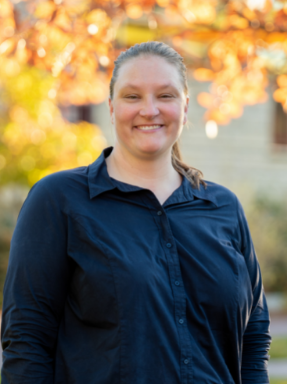
Related Stories
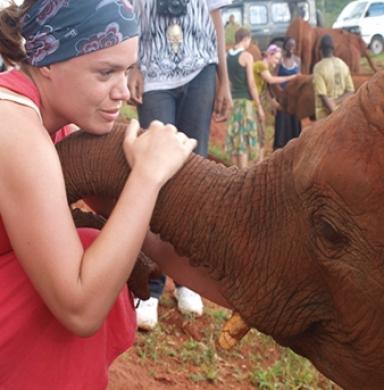
Human-Animal Connections
A conservation social work course took Graduate School of Social Work students to Kenya, where they discovered how the lives of humans and threatened species intersect.
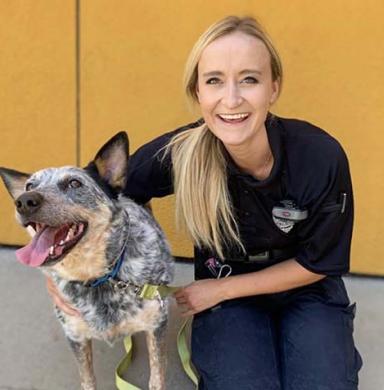
Connecting Social Work and Animal Welfare
Jazzy Salter chose to pursue her Master of Social Work degree with the Animal-Assisted Social Work (AASW) Certificate through the Graduate School of Social Work and Institute for Human-Animal Connection because of the many different career paths available, including animal welfare.
Application Information
Upcoming Start Term: Summer 2026 Denver Campus Advanced-Standing MSW Program
